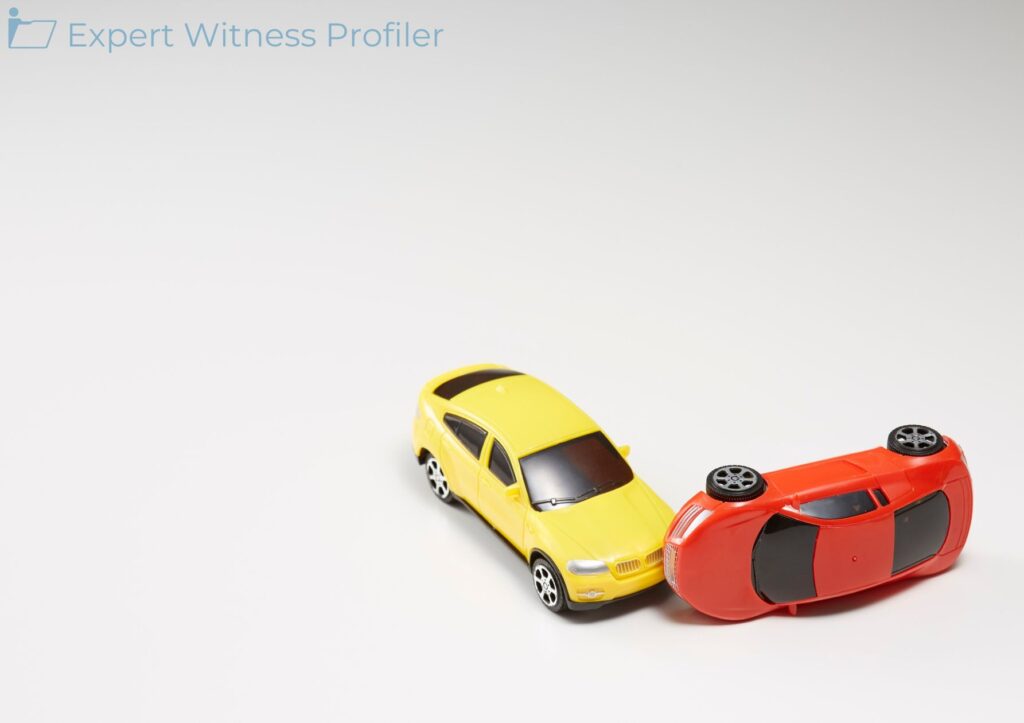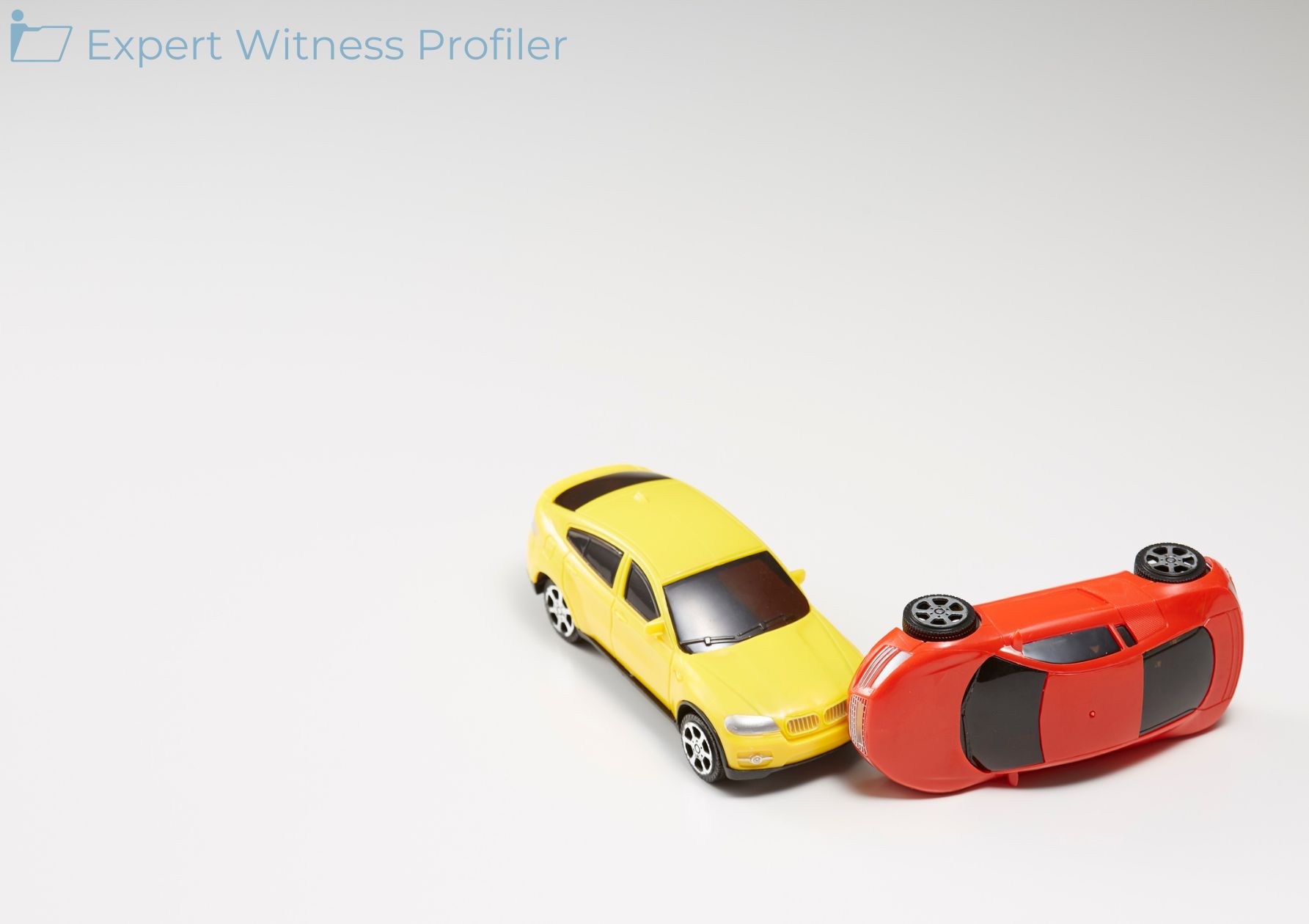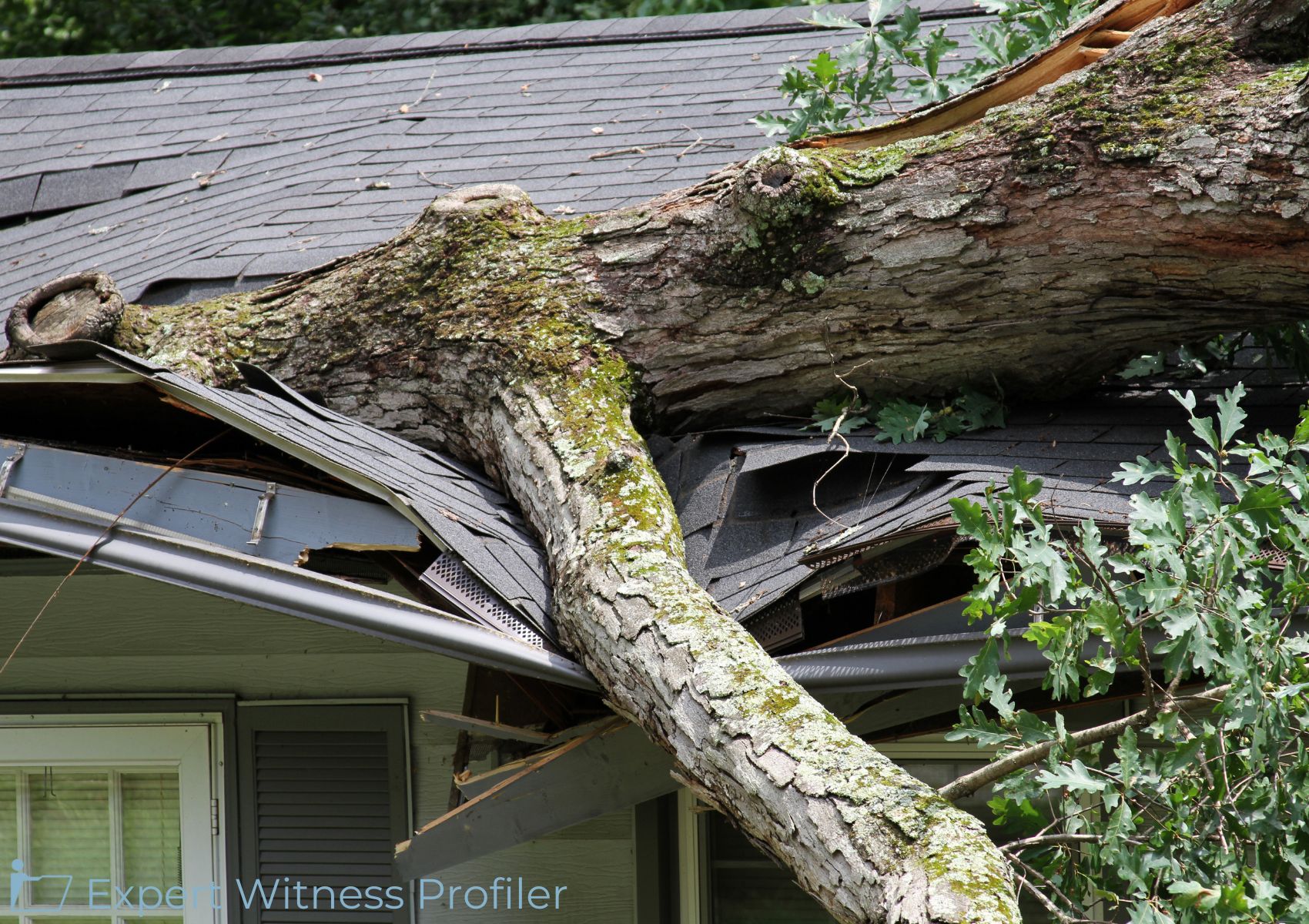Biomechanics Expert’s Opinions on Medical Causation are Excluded
Posted on May 21, 2025 by Expert Witness Profiler
This case arises from a January 2023 automobile accident. On April 16, 2023, Plaintiff Gina Martin was driving eastbound on Interstate I-10, nearing the Chef Menteur exit in New Orleans, Louisiana, when Defendant Micah Cunningham crashed his truck into the rear of Martin’s vehicle. Martin alleged that she suffered various severe injuries as a result of this collision.
Plaintiff retained Dr. David J. Barczyk, D.C as an expert witness in the field of biomechanics in order to opine about the causation of Martin’s injuries.
Defendants filed a motion in limine to exclude the testimony of Barczyk arguing that Barczyk lacked the qualifications and expertise to render opinions regarding medical causation.

Biomechanics Expert Witness
David Barczyk is licensed in Louisiana as a chiropractor and
continues to practice as a chiropractor in the office that he established. Barczyk has postdoctoral training in neurology and training in crash biomechanics.
He has received over 350 hours of neurological training and is a diplomate of the American Chiropractic Neurology Board. He has several certifications in biomechanics and has attended over a dozen trainings. Barczyk has given a number of lectures on topics in biomechanics.
Discussion by the Court
Barczyk produced two expert reports regarding Plaintiff’s injuries. The
first report, dated December 3, 2024, sets out Plaintiff’s treatment history since the accident.
The report concluded with a summary, in which Barczyk stated that Plaintiff’s injuries to her cervical and lumbar spines, her shoulder, and foot are causally related to the accident. In addition, Barczyk stated that the accident produced an injury mechanism for Plaintiff’s brain.
The second report, dated March 18, 2025, is identical to the first report with respect to its discussion of the biomechanics of Plaintiff’s accident and its conclusions on medical causation.
Barczyk’s Qualifications
Plaintiff proffered Barczyk as a qualified expert in chiropractic medicine and biomechanics. It should be noted that Barczyk has a doctoral degree in chiropractic medicine, is a board-licensed chiropractor, and has practiced chiropractic medicine since 1994.
Although Barczyk does not have a formal degree in biomechanics, he has extensive training. His CV attests that he has attended over a dozen trainings in biomechanics and has attained several certifications.
It should be noted that the Plaintiff did not cite any case holding that a chiropractor could testify to medical causation.
Medical Cause of Plaintiff’s Alleged Brain Injury
While the Court found that Barczyk was qualified to opine on the medical causation with respect to Plaintiff’s musculoskeletal injuries on the basis of his chiropractic expertise, it is not satisfied that Barczyk is qualified on the basis of his chiropractic expertise to testify as to the medical cause of Plaintiff’s alleged brain injury.
After all, Barczyk’s training and diploma do not amount to a medical degree.
Moreover, Plaintiff cited no evidence that Barczyk has conducted research with respect to the brain injury that Plaintiff allegedly suffered or that, as part of his chiropractic practice, Barczyk diagnoses or treats brain injuries or orders diagnostic tests in connection with brain injuries.
With respect to Barczyk’s expertise in biomechanics, the Court likewise found that Barczyk was not qualified to opine on the medical cause of any of Plaintiff’s injuries on that basis.
In sum, on account of his chiropractic expertise, the Court found that Barczyk is qualified to opine on the cause of Plaintiff’s musculoskeletal injuries. However, he is not qualified to opine on the cause of Plaintiff’s brain injury.
On account of his expertise in biomechanics, Barczyk is qualified to opine on the effects of the force that the accident generated on the hypothetical human body but is not qualified to opine on the medical causes of Plaintiff’s injuries.
The Reliability of Barczyk’s Opinions
As for Barczyk’s opinions as to the medical causes of Plaintiff’s musculoskeletal injuries, Barczyk’s analysis initially describes the mechanism of injury as the result of “impact in a rear end crash.” But there are no additional facts regarding the specifics of the accident in this case.
The Court found that Barczyk’s analysis is generalized and
therefore any conclusion applying his analysis to the facts of this case is unreliable.
The Court also noted that, in the “Occupant Risk Factor” section of his report, Barczyk identified certain risk factors particular to Plaintiff. He cited several sources for the risk factors that he identified. However, his discussion in that section is terse, cursory, and conclusory.
Barczyk does not explain how Plaintiff’s characteristics serve as risk factors in this case or the role they played in causing her injuries. Again, the Court is left with nothing but Barczyk’s own assurances that he has reliably analyzed the risk factors.
Whether Barczyk’s Testimony Would Be Cumulative
Federal Rule of Evidence 403 provides that a district court “may exclude relevant evidence if its probative value is substantially outweighed by a danger of . . . needlessly presenting cumulative evidence.”
Without the benefit of hearing the evidence that Plaintiff will have introduced at trial, the Court finds that it would be premature to exclude Barczyk’s testimony as cumulative at this juncture.
Held
The Court granted in part and denied in part the Defendants’ motion in limine to exclude the testimony of David J. Barczyk.
Key Takeaway:
While the Court has focused on the reliability of Barczyk’s opinions with respect to the medical causes of Plaintiff’s musculoskeletal injuries, the defect in Barczyk’s analysis which renders these opinions unreliable equally characterizes his opinion as to the cause of Plaintiff’s alleged brain injury. Accordingly, that opinion is also excludable as unreliable pursuant to Rule 702. However, the Court will not exclude Barczyk’s general discussion on the mechanisms of injury typically associated with rear-end collisions.
Case Details:
| Case Caption: | Martin V. National Interstate Insurance Company Et Al |
| Docket Number: | 2:24cv1645 |
| Court Name: | United States District Court, Louisiana Eastern |
| Order Date: | May 20, 2025 |





